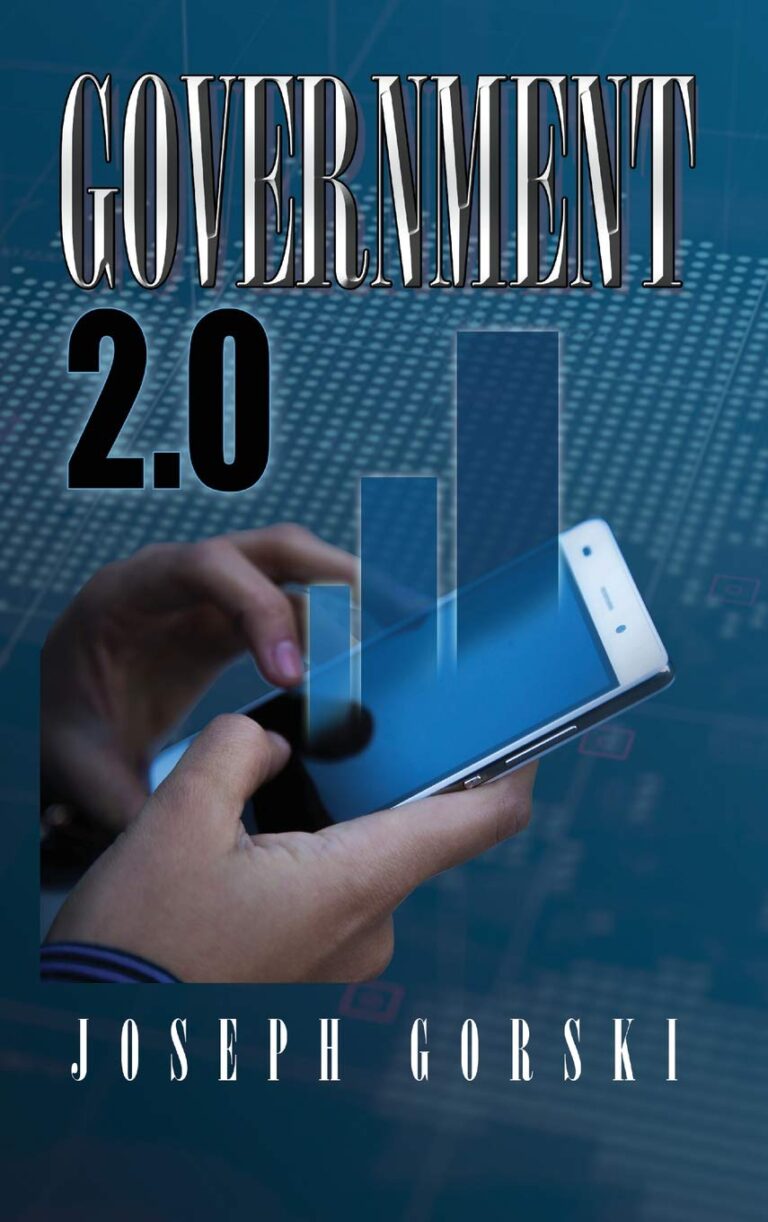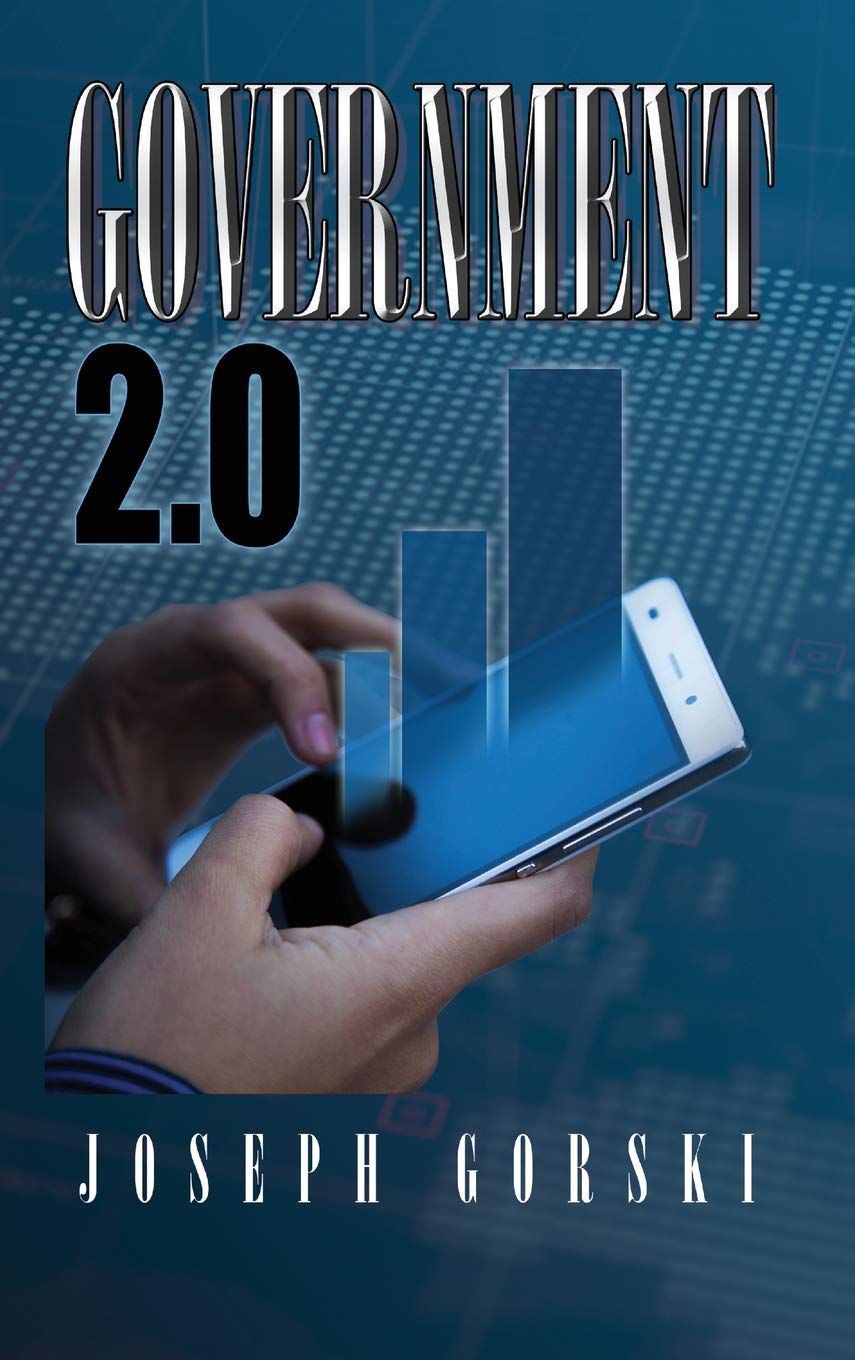GOVERNMENT 2.0 by Gorski is a libertarian polemic calling for a limited form of government that has less power over citizens and no tax system save for fees on certain financial transactions.
Author Joseph Gorski’s main target in GOVERNMENT 2.0 is “the ruling class” in America, which he defines as “elected officials, banking leaders, crony capitalists and even most of the corporate-owned media.” He hastens to add that this class “is not defined by honestly earned wealth, but by power over the general population. The power we are talking about is the power to extract money from the people like a parasite would do to a host.” The 84-page book, published in 2018, is divided into 19 chapters. Gorski begins by explaining How the Ruling Class Controls Our Thinking and the economic crisis (the one that started in 2008) to government abuses and A Brief History of New Money, ending with What the World Could Look Like in Twenty Years (meaning 2035, because it appears that the book was written in 2015 and not updated after).
Oddly enough for a book on politics in these times, former President Donald Trump is not mentioned and, although Gorski excoriates the mainstream media for being unreliable, he lauds social media as the new bastion of democracy with nary a reference to the ongoing debate on Big Tech censorship. His main argument is that, by reducing government to the minimum needed for security, adherence to laws, and provision of basic infrastructure “We can have greater prosperity by allowing to take place what is most in accord with human’s natural desire to be free, to be able to keep the fruits of their labor, and to have a chance to build a better life for the next generation.” His main tool for achieving this is a constitutional amendment he calls the Prime Law that “calls for an end to legal initiatory force, threat of force, fraud or coercion by government, groups, or individual’s self, property, or contract.”
Nearly all of Gorski’s ideas expressed in GOVERNMENT 2.0 come from Austrian economists such as Frederic Hayek, Ludwig von Mises, and Murray Rothbard. His political policies have also been addressed in a far more thoughtful manner by political philosophers like Peter T. Leeson. None of them is mentioned in this book.
Almost all of the ideas contained in Joseph Gorski’s GOVERNMENT 2.0 come from other sources, so while his arguments have a long and distinguished pedigree, his verbose polemic will likely only appeal to those who already support libertarian principles.
~Kevin Baldeosingh for IndieReader


